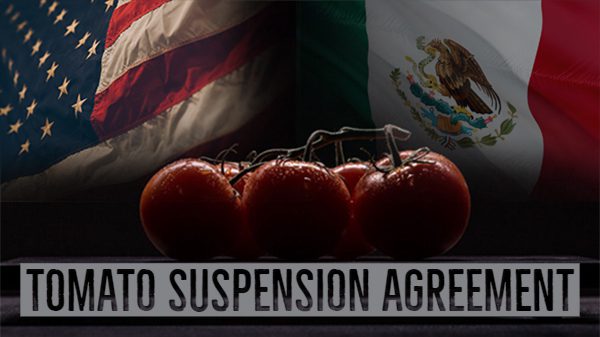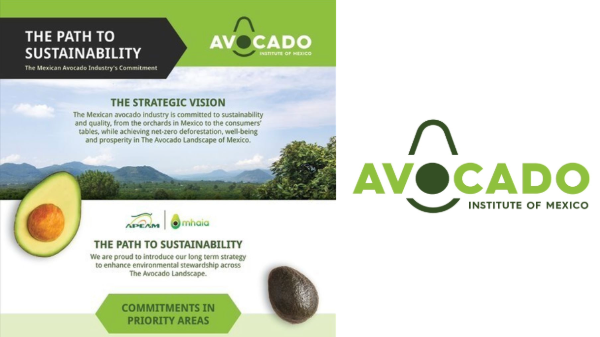Welcome to Blue Book!
Are you ready to join the thousands of companies who rely on Blue Book to drive smarter decisions? View our plans and get started today!
Still have questions? We’d love to show you what Blue Book can do for you. Drop us a line– we’ve been waiting for you.

The Department of Commerce’s decision to withdraw from the 2019 U.S.-Mexico Tomato Suspension Agreement is not a victory for anyone – not for Mexican tomato growers, American tomato growers, and most importantly, it is a devastating loss for American consumers who have, perhaps unknowingly, relied on the suspension agreement for year-round supply of high-quality, affordable tomatoes for the past 30 years.
The Florida Tomato Exchange (FTE) on its website purports to support free trade “so long as it is fair trade.” The suspension agreement exemplifies fair trade at its best. Mexico has the land and natural climate to grow healthy tomatoes – The United States simply does not have the natural environment for tomato farms to thrive year-round.
The suspension agreement gives American consumers access to Mexico’s favorable climate, while at the same time protecting American tomato growers by enforcing a minimum price floor that is applicable only to Mexican tomatoes. The suspension agreement also applies strict quality inspections, ensuring that only the best of Mexico’s tomatoes make it to American retailers.
We have seen the volatile effects that an unregulated and unprotected supply chain can have on household necessities such as eggs. The suspension agreement has been working well, albeit quietly in the background, for 30 years to ensure stable tomato prices in the U.S. supermarkets despite the ups and downs of the economy.
The consequences of Commerce’s decision will be swift and significant. Mexican tomatoes will face steep tariffs, pushing prices up by 50 percent according to Arizona State University economists, well beyond the reach of most American families.
The strong and growing demand for fresh tomatoes in the U.S. market simply cannot be met domestically, due to limited agricultural land and less-than-ideal growing conditions. The outcome will be an entirely avoidable, artificial shortage that will leave American consumers with limited access to fresh tomatoes, which will only be available for some months of the year at inflated prices.
The FTE also falsely asserts that the suspension agreement has been “impossible to enforce and easy to evade.” This statement is contradicted by Commerce’s own findings, time and time again, that there has not been a single violation of the suspension agreement by the Mexican tomato growers, and that the suspension agreement is in fact working as intended.
Simply put, there is no reason to terminate an agreement that has successfully served the American public for decades.
Commerce’s sudden decision to change course yesterday and terminate the suspension agreement will take effect in 90 days.
The Associations of Mexican Tomato Growers will not stop fighting to protect the suspension agreement. It is simply too important for both Mexico and the United States to be thrown aside to the detriment of thousands of U.S. jobs and American consumers requiring access to healthy, fresh tomatoes at affordable prices throughout the year.
Contact:
Victoria Gaffney
Communications Coordinator
Akin
One Bryant Park | New York, NY 10036-6745 | USA | Direct: +1 212.407.3126
vgaffney@akingump.com | akingump.com








